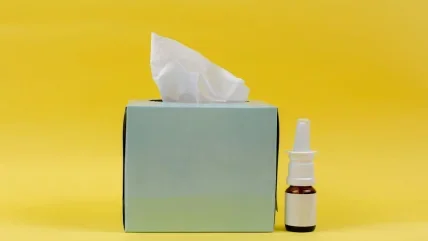
Clinical-stage company Inhalon Biopharma has completed an investigational new drug (IND)-enabling studies for its respiratory syncytial virus (RSV) candidate, IN-002.
The company plans to move its investigational inhaled antibody therapy into a human challenge study in 2026.
Inhalon Biopharma also signed a contract with hVIVO, a human challenge trials-focused specialist contract research organisation, to conduct the Phase 2a trial.
The RSV candidate is part of a broader pipeline of therapies targeting acute respiratory infections (ARI) using Inhalon Biopharma’s inhaled antibody technology.
This approach of administration delivers therapeutic antibodies directly to the airways via a handheld nebuliser, bypassing oral or intravenous methods.
According to Inhalon Biopharma, studies in multiple animal models showed that inhaled treatment is more effective at treating respiratory infections. This method promises to reduce healthcare costs and lessen the burden of care on patients and the healthcare system.
Inhalon Biopharma president and CEO John Whelan said: “Preventive immunisations are underutilised, especially in RSV, where vaccine usage is now expected to be one-third of original estimates.
“As many as 30-50% of immunised patients experience breakthrough infection, leaving vulnerable populations, infants, toddlers, and the elderly, at high risk of severe infection.
“There are currently no approved treatments for the underlying RSV infection.
“Inhalon’s inhaled antibody treatment approach not only targets the underlying pathophysiology of RSV and other respiratory infections, but also provides painless, self-administration by patients in their own homes, potentially reducing hospitalisations.”
A previous clinical study comparing Inhalon Biopharma’s inhaled antibody therapy with an approved intravenous antibody therapy showed that the firm’s antibodies retain full activity after nebulisation.
The study also found that inhaled dosing delivers uniform antibody distribution across the entire respiratory tract, including the deep lung.
Subjects receiving the inhaled therapy had 30- to 100-fold higher concentrations of the antiviral antibody in their respiratory tracts compared to those receiving intravenous doses, despite using up to 90% fewer antibodies.
In June 2023, Inhalon Biopharma secured $5m in a Series A financing round to advance its inhaled antibody platform for the potential treatment of ARI. The round was co-led by JSR Life Sciences and Life Science Angels.






